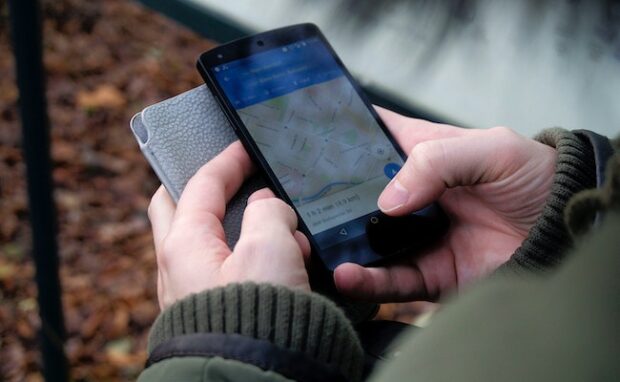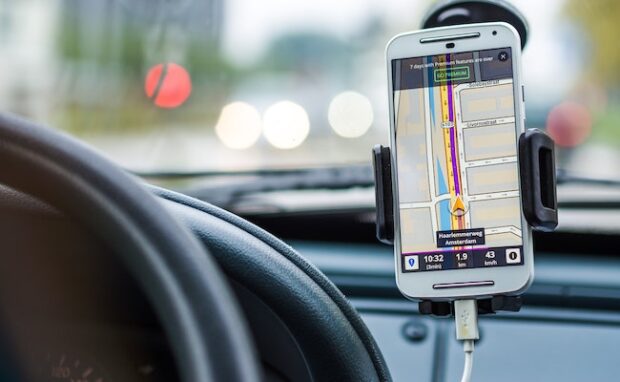How AI improves weather forecasting
Artificial intelligence has transformed how we predict the weather worldwide. It specializes in analyzing data and learning algorithms, improving precision like never before. Also, it enables meteorologists to give better analyses of local weather patterns. This program also enables your apps to provide real-time updates, so you don’t have to wait days for forecasts.
Weather forecasts have far more significance than telling you when you can go outside safe and dry. For example, it allows farmers to plan crop rotations and protect against natural disasters. Modern meteorologists use AI weather programs for better precision and faster analyses. Learning these technologies can help you appreciate their value in daily life.
This article will discuss the latest AI weather applications. These will include your favorite forecasting apps and their use cases in numerous industries.
The 5 must-know AI weather forecasting features
- Real-time analysis
- AI-powered weather apps
- Integration with other technologies
- Applications in other industries
- Improving disaster management
1. Real-time analysis
AI meteorology models collect data from multiple sources like weather stations, radar, and satellites. Those factors include wind speed, humidity, temperature, etc.
Machine learning recognizes patterns to make short-term predictions. Data analytics tools process large data sets quickly. Also, their cloud computing stores huge amounts of data.
You may also like: Italy’s digital divide
They offer faster and more accurate localized weather predictions. Moreover, these systems provide smaller forecasts for specific areas. They consistently learn as they receive more data, improving their accuracy further.
2. AI-powered weather apps
The Optic Weather website says popular mobile apps use AI algorithms to enhance the accuracy of local forecasts. You might already be using AI-powered applications like Dark Sky International and AccuWeather.
As mentioned, artificial intelligence enables mobile devices to provide the latest forecasts. The best part is many of these mobile applications are free to use.
You can download many on Google Play and the App Store; some are already built into your smartphone. Also, they link to modern smartwatches.
3. Integration with other technologies
The Internet of Things (IoT) is a concept that involves physical appliances and devices linking online. Nowadays, they use AI weather forecasts to activate specific features automatically.
For example, a smart home can use information from an AI weather app to adjust temperature based on weather conditions. If there’s a heatwave coming, it will turn on the air conditioning or lower the temperature further.
You may also like: How air quality is a major concern worldwide
If there’s a thunderstorm, a smart home can close windows to prevent rain from entering. Also, electric cars can inform you of weather changes using artificial intelligence.
4. Applications in other industries
AI weather predictions also help various industries. As mentioned, it helps farmers plan their crops and makes transportation safer than ever.
It could help you choose routes during rainfall. If you have a self-driving car, it may adjust your path automatically. Also, future drone management systems may consider weather forecasts.
The future will likely have more drones delivering goods and performing other tasks. Artificial intelligence systems may analyze various weather conditions and other factors to prevent these flying machines from crashing each other.
5. Improving disaster management
AI weather systems can help countries prepare for disasters and evacuate people as soon as possible. That is why The Philippines is developing an AI disaster response program.
The Philippine Information Agency (PIA) says the Department of Science and Technology is working on the DATOS or Remote Sensing Data Science. “Immediately kasi in disaster management actually you want to know where the affected areas are,” Dr. Enrico Paringit, executive director of DOST-PCIEERD, said.
You may also like: AI music study predicts hit songs
“This means you have to come out where they are so you can provide the necessary response like rescue, evacuation, things like that,” Dr. Paringit added.
“The geo-hazard maps will show what will happen. The DATOS will show what is happening. For example, there was heavy rain last night, and when the satellite passes by, we will have data showing the extent of the flooding.”
Conclusion
Artificial intelligence improves weather forecasting by providing more accurate predictions earlier than ever. As a result, it enhances other parts of daily life, like disaster management and agriculture.
We are unlikely to achieve 100% accuracy with the latest technologies. However, they are enough to make life more convenient and efficient worldwide.
Artificial intelligence has more amazing applications you’ve never seen before. Learn more about those and the latest digital trends at Inquirer Tech.
Frequently asked questions about AI weather
How is AI used in weather?
Weather and climate usually follow patterns in specific areas. Artificial intelligence excels at analyzing patterns and predicting possible trends based on them. Meteorologists have artificial intelligence systems trained on weather data to make more accurate predictions. More importantly, AI lets you access these updates on your phone.
What are the flaws of AI weather systems?
Some AI weather apps may collect data unrelated to forecasts, such as personal information. Like other programs, they might sell that information to third-party advertisers or more nefarious individuals. Also, some programs may exhibit biases if they heavily prioritize factors like temperature and precipitation.
Does AI control the weather?
Artificial intelligence has not advanced enough to control the weather anytime and anywhere. However, modern AI weather programs help meteorologists create better forecasts worldwide. Some can predict other natural disasters like earthquakes. For example, the University of Texas created an AI prediction system that detects 70% of seismic tremors.




